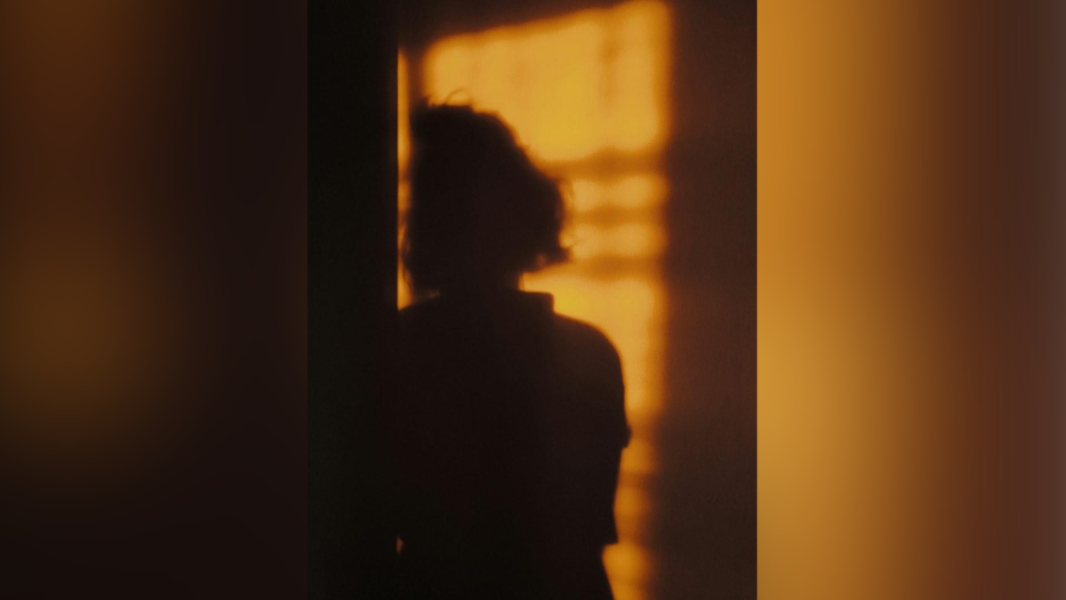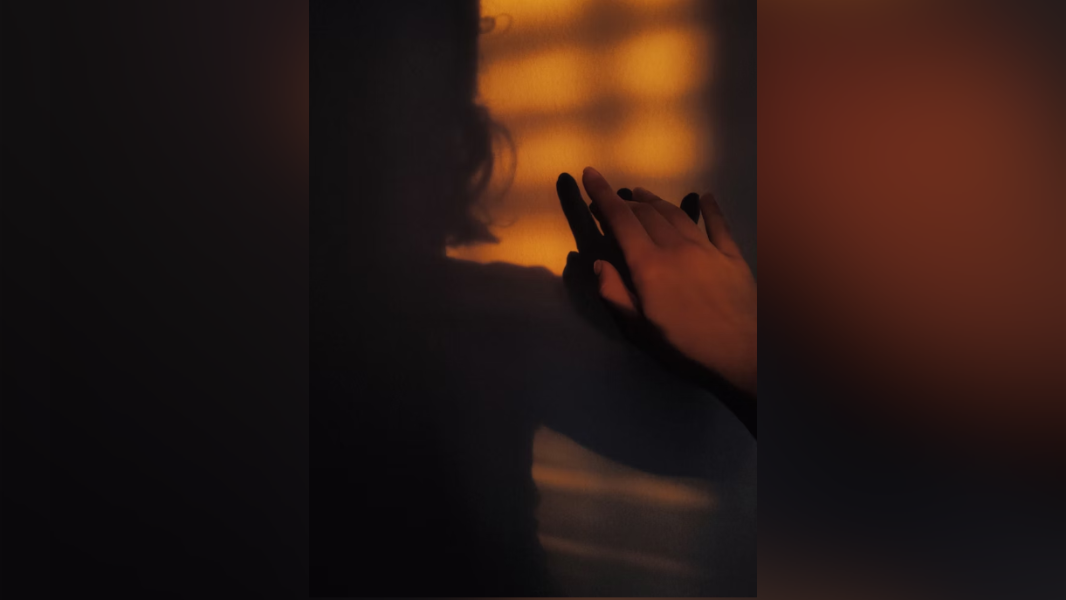

Reaching your parent’s death age
Last year I felt the anguish leading up to my 36th birthday; to surpass your mum in age was a strange concept, and something I’d hugely underestimated. I’d lived 34 years without her but somehow my 36th birthday really caught me off-guard.
Shrouded in mystery, I spent most of my life unaware of how her life played out or the motivating factors that led to her drinking and ultimately her young death.
It wasn’t until I was a grown woman in my mid- twenties that I found the courage to ask my dad the burning questions I’d held onto for decades.
The questions I had were the big and mundane ones; What music did she like? What perfume did she wear? Did she struggle in motherhood? If she’d have been born later and had access to alcohol dependency services in the way they are funded and supported now, would she have survived?
When I gave birth to my daughter in July 2023, it reinforced how little I knew of her. I decided I wanted my daughter to know who her nanny was.
But to be clear, I only wanted her to know the good bits, yes, she was an alcoholic, yes, she struggled with life, but she was a human with a personality, a smile and a laugh first and foremost.
My daughter can discover the truths of alcoholism when she’s old enough to understand, for now I refuse to let her hear the struggles.
Childhood
Growing up, it was better not to mention my mum, through fear of upsetting the family closest to me.
Because that’s how it works with children sometimes, you end up appeasing grown adults and being mindful of their feelings at the expense of yours.
Each time a chance conversation came up about her, whether it derived from a piece of school homework focusing on my family tree, or whether my mum breast fed or bottle fed, it just wasn’t the done topic to discuss. ‘Why focus on such a sad time’ I was routinely told.
I have few childhood memories (I’m not entirely sure why?) but a few stick out vividly around the big A.
Primary School – A child in my class learned my ‘mum was dead’ and wanted to know how she died.
So, in front of some other children in the playground I just blurted out that “she died from cancer”. My naivety shone bright, because it was a much more sympathetic way to go and I didn’t want to admit or say the words out loud that my mum was an alcoholic.
I’ve always hated the reaction to my reality, any child that’s lost a parent too young knows that when you’ve spent your entire life building yourself up, the pity expressed to you when you reveal your hardship is hard to swallow – particularly the pained looked on someone’s awkward face.

Keep your antidotes to yourself
A childhood neighbour would often tell me how bad it got when she would see my mum outside the local shop at 11am on a Tuesday begging to be served a bottle of vodka by the shop keeper.
To this day, I still don’t know why the focus was on telling a child something so gut-wrenching and influential.
I’d rather she’d have told me how she tried to help or intervened but sometimes it’s easier for people to point the finger at others that struggle than look inward at why they didn’t help.
I have a strong family network, but it’s not without its flaws. When my mum did come up in conversation it was met with more stories of how much of an ‘awful time it was’ – they’re not wrong, it must have been fucking horrific but somehow, we lose sight of remembering who someone was before a disease hijacked their body.
I often wonder why grown adults do this. As a mother now, I can’t imagine ever regaling tales of a struggling parent to a child but instead focusing on who they were as a human before.
Kids can’t help but absorb everything you tell them, so if you paint a picture of a bad parent, kids will naturally often look for the bad in themselves, after all, it’s in my DNA, isn’t it?
Kids look for the bad in themselves
I digress. 6 months after becoming a mum, I took up running. Initially this was just something that fit around my new baby, and meant I didn’t need to commit to a gym membership, but soon running became my solace and perfectly confronting to think about my origin.
The sense of achievement you get from something that requires a lot of upfront output to gain any sense of reward really suited me – when you lose a parent young, what’s left for you to fear? Nothing.
It wasn’t until a friend said to me “Did you know people who have suffered trauma are more likely to succeed at endurance sports than anyone else?”.
There’s a quiet sadness in this, and also a little self-indulgence but I don’t focus on that. If my mum hadn’t have been ‘my mum’ and met her demise at 36, would I be the resilient, fearlessly outspoken person I am today?
I am a perfect mix of decades of denial, stigma, sadness and shame surrounding my mum’s legacy.
But I’m also someone who wants to honour who she was and am devout in correcting the narrative.
A very recent conversation really highlighted the need to heal yourself first before you seek validation of your feelings from others.
Never expect people to react in the way or how you need, make sure you’re bullet proof before you ask extremely revealing questions.
Sometimes the way we communicate trauma with those closest to us can be confronting. If people have an inability to process your trauma for whatever reason, never let it invalidate your feelings, at any age.
Who was my mum?
My mum was a woman who regularly changed her hair colour; from her natural dark to bleach blonde.
She had the deepest brown eyes and style in abundance- she wore gold hooped earrings, brown leather jackets and hot pants (pre-kids!). She loved Oscar Wilde and in the summer 1970 she blasted Matthews Southern Comfort – Woodstock on repeat.
I’ll end with this “We’re all in the gutter, but some of us are looking at the stars.” Oscar Wilde
Charlotte
To read more experience stories, go to Support & Advice.

























































































